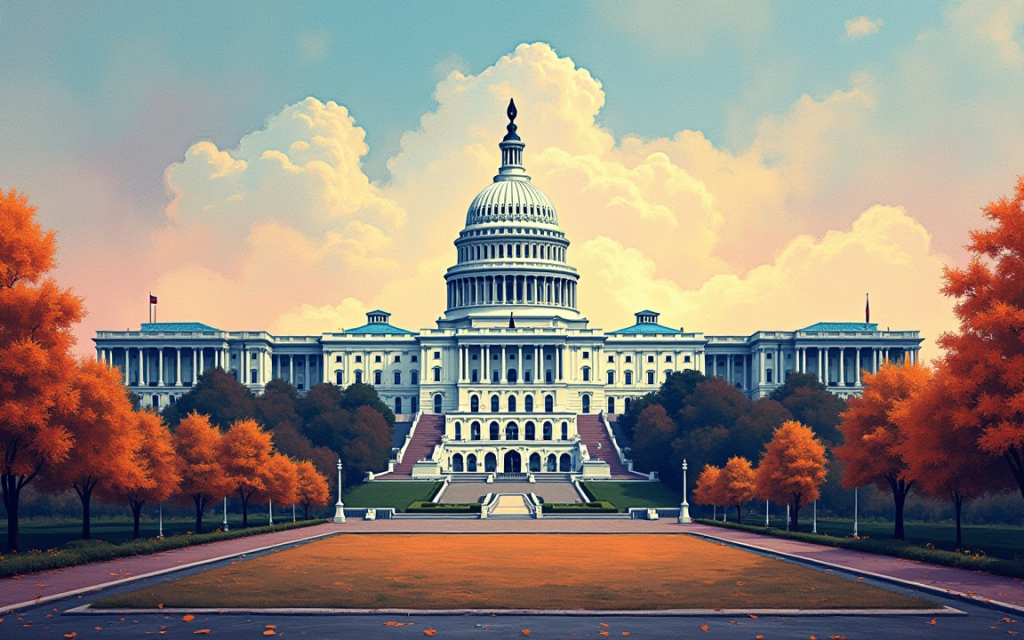The US government is once again teetering on the edge of a shutdown as lawmakers clash over federal spending priorities.
With the September 30 deadline looming, Democrats are pushing to restore Medicaid funding and extend ACA subsidies, but Republicans demand a clean resolution that excludes those provisions.
The impasse threatens to halt non-essential services and delay key economic data.
The benchmark S&P 500 index has inched down in recent sessions – reflecting investor anxiety over fiscal uncertainty and its potential ripple effects across markets.
What a government shutdown will mean for the US stock market
A shutdown typically injects short-term volatility into US equities, especially sectors reliant on federal contracts or regulatory clarity.
Defense, infrastructure, and healthcare stocks often face pressure as funding stalls.
More broadly, investor sentiment weakens amid concerns over delayed economic reports – like the October jobs data – which the Federal Reserve uses to guide interest rate decisions.
“Markets hate uncertainty, and a shutdown is the epitome of it,” said Quincy Krosby, chief global strategist at LPL Financial.
While past shutdowns haven’t derailed long-term bull markets, they can trigger tactical pullbacks and increase hedging activity.
Expect elevated VIX readings and cautious positioning until a resolution is reached.
What a government shutdown will mean for international stock markets
Global markets aren’t immune to Washington’s dysfunction either.
A US shutdown can dampen risk appetite worldwide, especially in emerging markets that rely on dollar liquidity and trade flows.
European equities may see defensive rotation, while Asian markets – particularly export-heavy economies – could face pressure if US consumer confidence dips.
Currency markets also react, with the dollar often weakening amid fiscal uncertainty, giving a temporary lift to rival currencies like the euro and yen.
“The US remains the anchor of global finance – when it wobbles, others feel it,” noted Mohamed El-Erian, chief economic advisor at Allianz.
Investors abroad may reduce exposure to US assets until fiscal clarity returns.
What a government shutdown will mean for cryptocurrencies
Investors should note, however, that crypto markets tend to react differently to macro disruptions.
A US government shutdown could paradoxically boost demand for decentralized assets like Bitcoin and Ethereum, especially if it erodes trust in traditional institutions.
However, regulatory uncertainty may also intensify, with agencies like the SEC and CFTC operating at reduced capacity.
This could delay approvals for crypto ETFs or enforcement actions, creating a mixed environment.
“Bitcoin thrives on chaos – but only up to a point,” said Noelle Acheson, author of the Crypto is Macro Now newsletter.
Volatility may spike, but sustained upside will depend on broader risk sentiment and liquidity conditions across digital asset markets.
All in all, one thing is clear, the US government related developments will directly impact the overall activity in global financial markets over the next few days.
The post What a US government shutdown could mean for stocks and cryptocurrencies appeared first on Invezz



